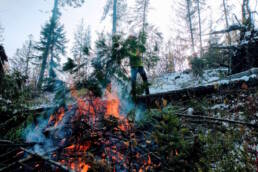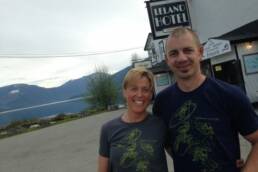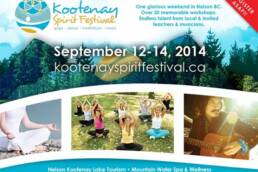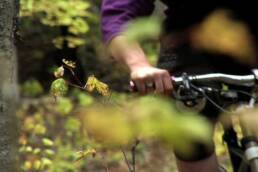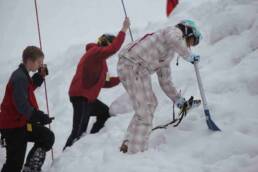“The climate is changing and so are we.” Kootenay youth band together to help bring down emissions and build resilience. By Ella Korth and Linn Murray.
The Youth Climate Corps (YCC) is a new program bringing energy and resources to tackle climate change and unemployment in Nelson, British Columbia. It has been a year since the outbreak of COVID 19, which has brought on economic uncertainty, and illuminates the importance of community resilience in the face of an oncoming climate crisis.
From September 2020 through to January 2021, the Youth Climate Corps was active doing projects in and around the city. This included a diverse mixture of community service and contracted projects partnered with community organizations, private companies, and government agencies. From the conception, program participants focused on areas of climate change that specifically affect the West Kootenay region, mainly wildfire adaptation and sustainable agriculture. Crew members worked as farm hands, assisting small producers in the Kootenay’s growing permaculture sector at Spiral Farm on the banks of Slocan River, and Thimble Hill Nursery and Orion Organics Farm on Kootenay Lake’s north shore.
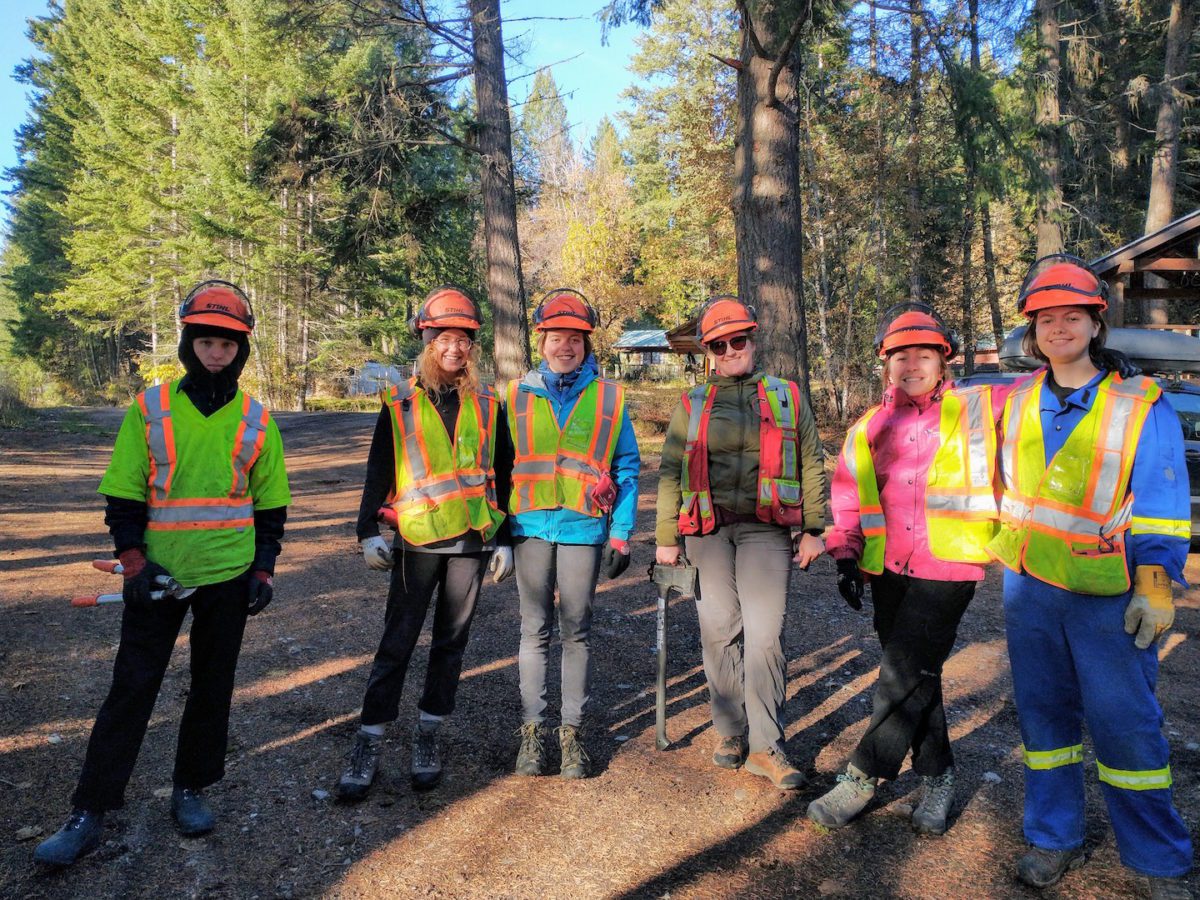
Kim Molyneaux, a YCC crew member said, “It was really eye-opening to learn about the innovative methods local farming leaders are creating, and how we have the potential to fill all of our own food needs in the Kootenays. Our farm mentors were awesome, deeply intelligent people who taught us so much about reciprocity with the land. And we heard from them that it was really helpful to have weeks of labour at no financial cost from a group focused on community service.”
On top of agriculture, the youth group also learned about forest treatment as a method to reduce the threat of wildfire and encourage healthier forests. The crew worked up in West Arm Provincial Park, which is also the site that houses Nelson’s city water, and administered the treatment to make it more resilient in case of a forest fire. In another project, seven crew members spent a week in the remote communities of Johnson’s Landing and Argenta burning ladder fuels in order to protect key community buildings.
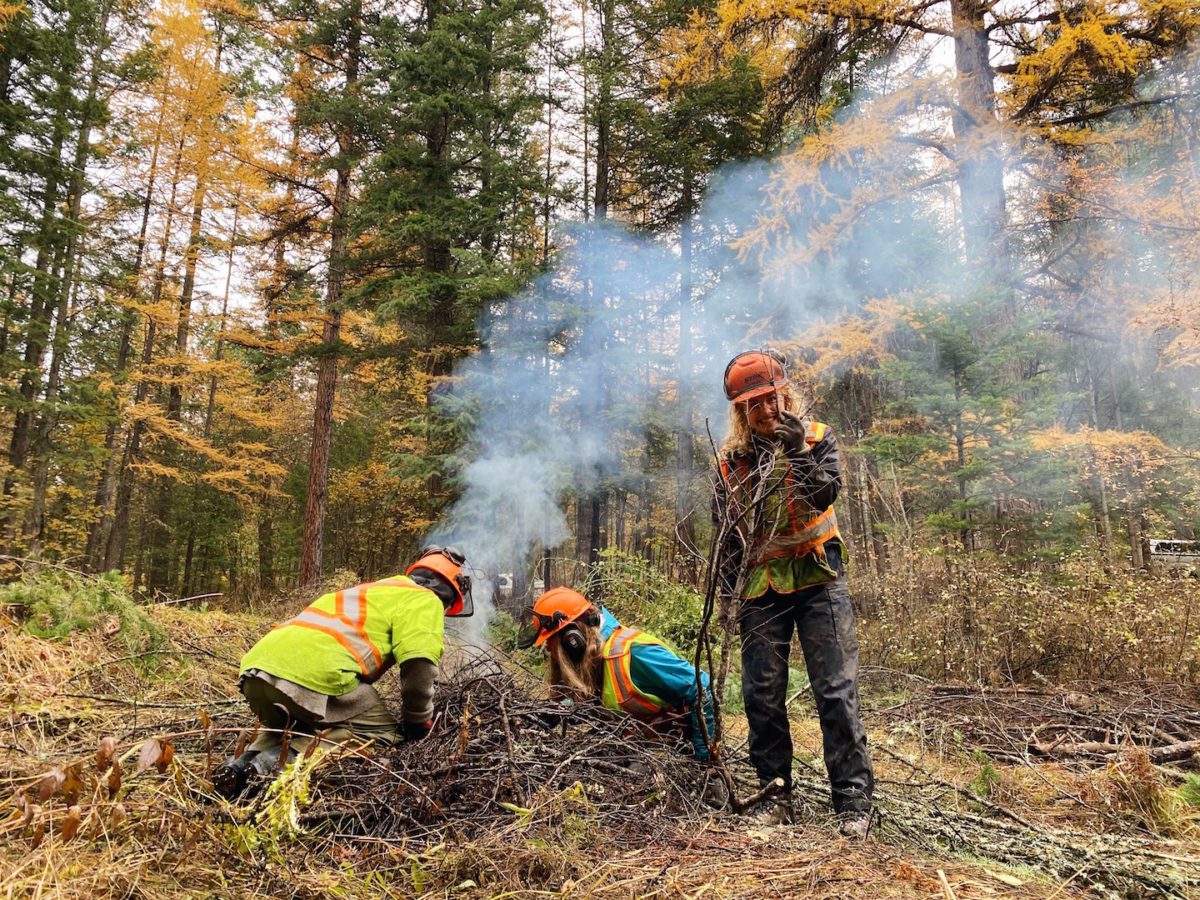
“We learned about the negative effects fire suppression has had on our landscape, as well as how climate change is shifting the types of species which can survive in hotter, drier summers,” said Molyneaux. “It’s so encouraging to see communities taking responsibility for their forests by nurturing biodiverse, healthy ecosystems into the future.”
“The opportunity to work within the remote communities of Johnson’s Landing and Argenta were valuable in a unique way, and felt, to me, to be a reflection of important elements of how our program approaches interacting and helping small, local initiatives. Another wonderful aspect of this week was that the crew was able to connect in a shared living space (with due COVID precautions), and make do with November outdoor showers next to burn piles,” said crew member Sophia Lewis
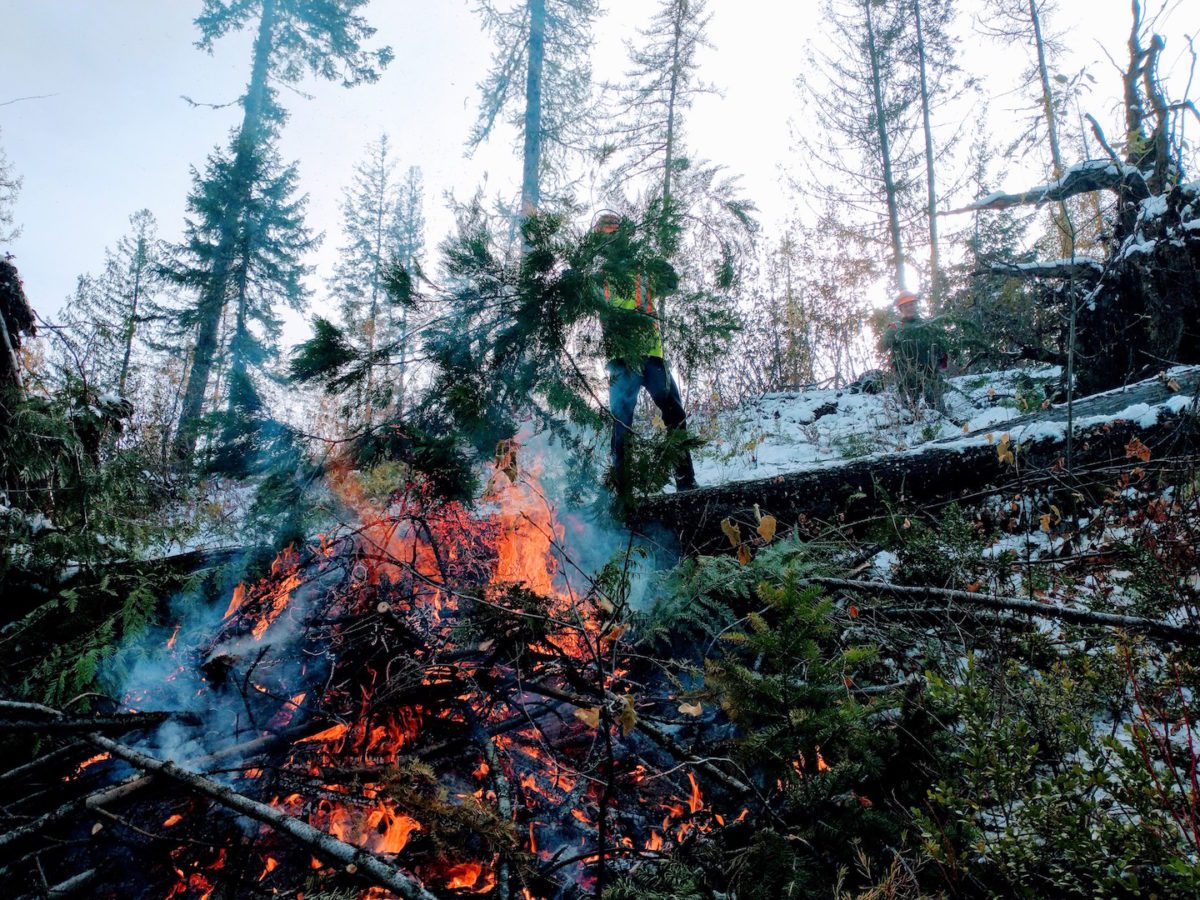
“For many young people, the climate crisis is overwhelming with meaningful action seemingly out of reach,” said YCC Coordinator Graeme Lee Rowlands. “More than older demographics, youth lack the economic and professional support they need to focus their energy on climate action. That’s where the Youth Climate Corps comes in.”
Emerging from the COVID-19 pandemic, the Youth Climate Corps (YCC) is setting a new precedent for local communities to empower and employ youth, while completing climate focused community projects. The YCC program is run by Wildsight, an organization leading environmental education, conservation, and sustainability projects across the Columbia Basin. The first YCC season was funded by a provincial pandemic recovery program as well as a wide selection of local partners including local businesses, conservation groups, community organizations, and governments.
“Each crew member received a $2,000 monthly stipend and had access to a wide range of professional support and development opportunities. If you want people to do idealistic things, you need to meet their practical needs,” Lee Rowlands said. “By meeting young people’s needs in this way, we were able to put together an amazing crew on an extremely tight timeline.”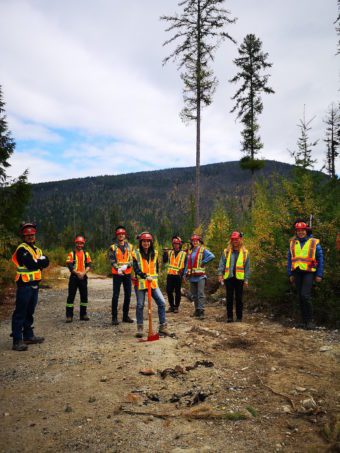
“Participating in this program has provided the ability to greater connect within the community,” said Lewis. “Facing a problem like climate change with little to no tools can be paralyzing, causing people to turn away. But when individuals are given opportunities to become a part of the sustainable transition, the entirety of the community benefits.”
It is not hard to see why many young people in Nelson feel a passionate connection to the natural world, having grown up on the edge of idyllic verdant woodlands in the summer and skiing down snow-capped vistas in the winter. In 2019, more than 1,000 people marched in Nelson’s streets guided by students from the youth-led organization Fridays For Future West-Kootenay. This event made it clear that many of our local young people are intimately aware of, and concerned for, the future of Earth. Citizens of the West Kootenay feel a strong imperative to protect the environment and young people are increasingly coming together to do that work.
This inaugural program wound to an end in January 2021. Ella Korth, a crew member and co-author of this piece, found the experience “really practical and interesting. The permaculture portion in particular made a big impact on me and how I think about the ways in which we obtain our food and resources; from a backyard garden to the global level. It really impressed upon me how much energy is used in our global food systems to deliver products to consumers, when these products are grown in one country, processed in another and then distributed by and to other countries. I appreciate how great the Nelson area is for growing food, and I’m trying to apply some of what I’ve learned by turning my parents’ lawn into a food forest. It was inspiring!”
Ella Korth (20) and Linn Murray (21) both grew up in Nelson and are crew members of the inaugural Youth Climate Corps.
Related Stories
Kootenay Coldsmoke Yeehaw!
Another year of Kootenay Coldsmoke Powder Fest good times goes down in the history books. As the MC for the Powderkeg…


